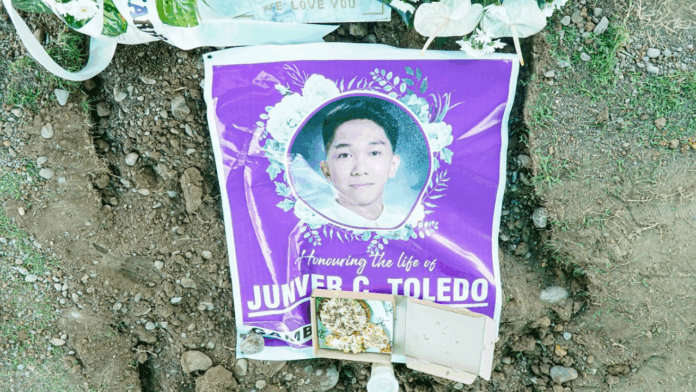Heartbreaking is the case of Junver Combate Toledo, the 22-year-old senior Physical Therapy student at the University of Santo Tomas (UST), who tragically ended his life on May 17 after failing the final examination required for graduation.
Toledo, a graduate of the Philippine Science High School–Cagayan Valley Campus, had no record of academic failure until this point. He was already listed among those scheduled to graduate in June.
The exam he failed is known as the Revalida, a comprehensive oral test where graduating Physical Therapy students are evaluated by a three-member panel composed of two physical therapists and one physician. The exam assesses clinical knowledge and professional readiness. Students are allowed multiple attempts, but failure may delay graduation or affect licensure.
In a note he left behind, Toledo expressed deep distress over the academic result and its consequences. His father, Oliver Toledo, posted on Facebook a portion of the handwritten letter.
“Sorry kung iiwan ko na kayo. Hindi ko na talaga alam ang gagawin ko… Tandaan niyo po, mahal na mahal ko kayo, at sana mabuhay po kayo matagtagal at siyempre maging masaya.”
The tragedy has cast renewed attention on the mental health challenges faced by students under intense academic pressure.
In a statement issued on May 22, UST extended condolences and called for public respect for the family’s privacy. It also emphasized the availability of mental health services through the school’s Counseling and Career Center, which offers psychological support and access to university psychiatrists.
Still, critics argue that existing mental health services are often reactive rather than preventive. Former UST vice rector Fr. Virgilio Ojoy, O.P., said academic evaluations should involve broader review processes to avoid high-stakes decisions being made by small panels.
“We must re-examine how academic judgment is exercised and ensure that it includes an awareness of students’ well-being,” he said.
Toledo’s passing has become a sobering reminder of the urgent need to strengthen mental health protocols within universities and in the country in general. Ensuring that support is not only available but also proactive, responsive, and integrated into academic life.



